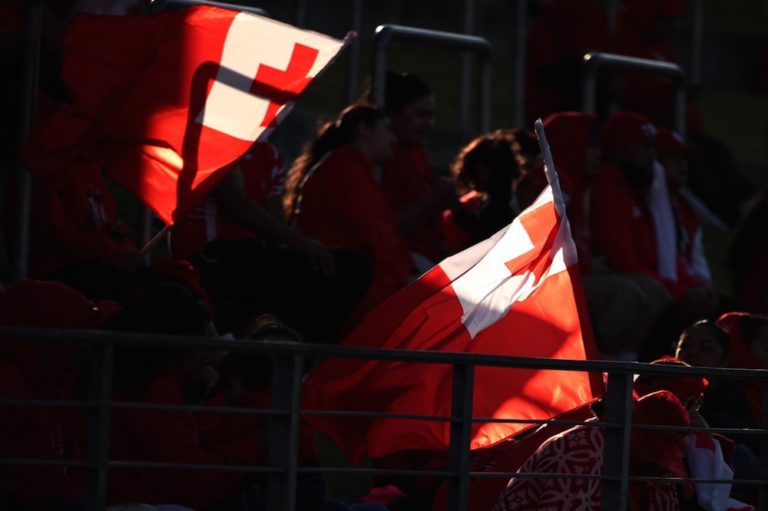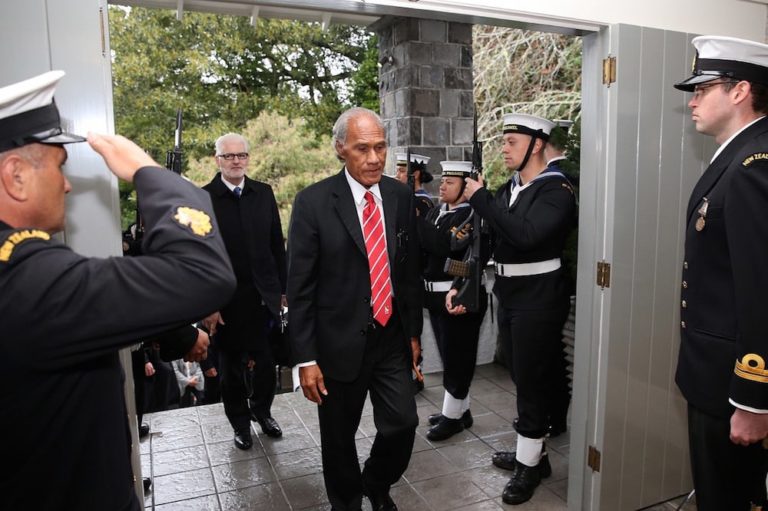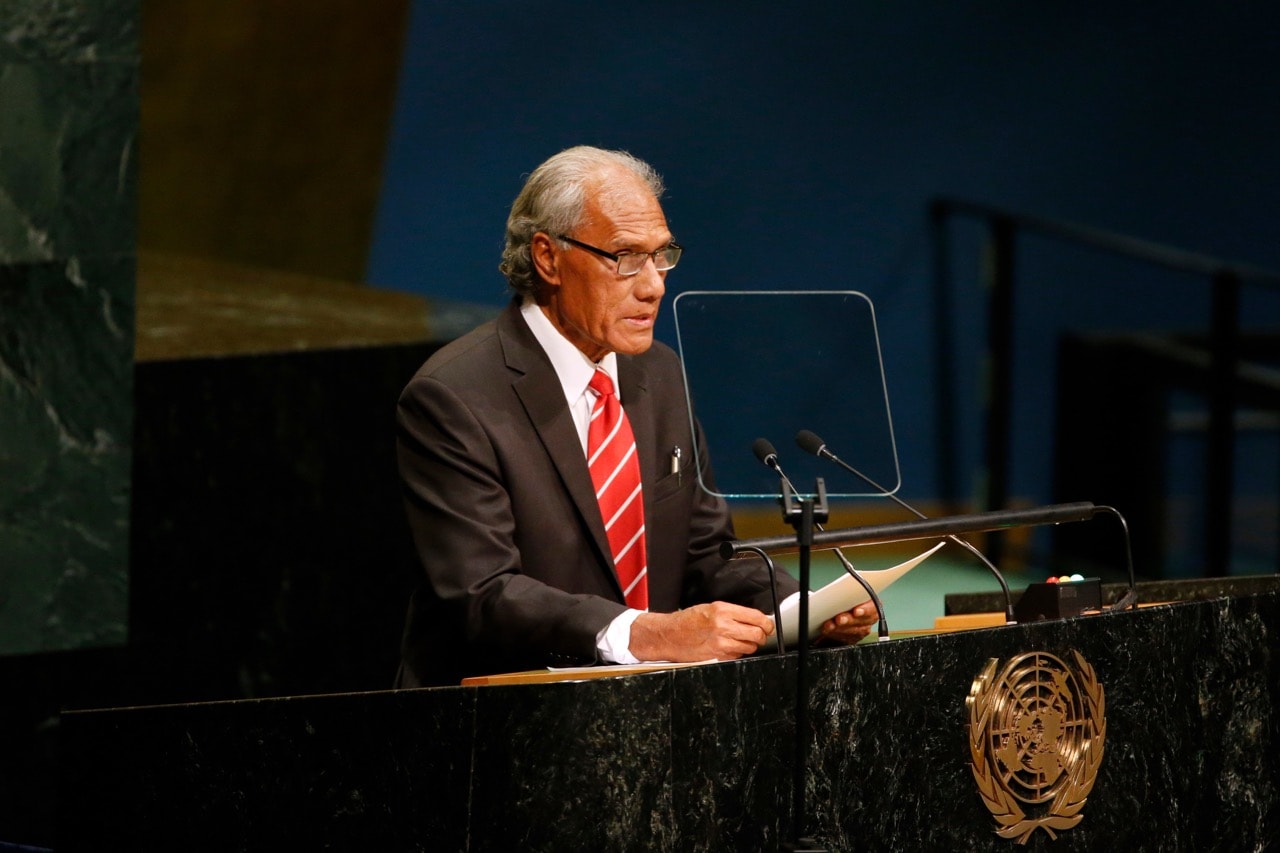The communications minister's mention of plans to legislate print media controls "must be fully exposed and debated in a free and open media environment," says PFF.
(PFF/IFEX) – 15 July 2010 – Any plans for removing Tonga’s constitutional protection of a free media must be exposed and fully discussed in public, says the Pacific Freedom Forum (PFF).
The online regional media freedom network says the historical and political background to comments made on TV Tonga last week by Information and Communications Minister ‘Eseta Fusitu’a must be fully reported to the Tongan people as they gear up for historical elections later in 2010.
“The Minister’s mention of plans to legislate controls of Tonga’s print media industry to match a government-regulated broadcast environment must be fully exposed and debated by the people of Tonga in a free and open media environment,” says PFF chair Susuve Laumaea, of Papua New Guinea.
“Worldwide, government control over press freedom in the name of ‘sensitivity’ and ‘responsibility’ always translates into shutting down debate on the issues that matter most to citizens – and restricts their universal human right to freedom of expression,” Laumaea says. “Making these plans in the context of impending elections in Tonga directly contradicts the spirit of democratic freedom for voters in the kingdom because it takes away press freedom, which is an essential indicator of thriving democracies.”
“The justice minister has reportedly denied that media controls through constitutional amendment are being looked at. We urge the Tongan authorities to clarify which position is being acted on and engage directly with the Tonga Media Association for an open and honest dialogue to address concerns from both sides of the debate,” Laumaea adds.
Under current legislation in Tonga, the government controls the broadcast environment, including content. Attempts to enforce similar controls over the print media with similar laws introduced in 2003 were tested when media publishers took their case to the Supreme Court – and won.
“The lessons from that experience surely resonate for Tonga and other Pacific nations. Any attempts to tamper with the constitutional protection for a free press, which the Supreme Court based its decision upon, should be worrying for all media outlets and the audiences who depend on them,” says PFF co-chair Monica Miller, of American Samoa.
“On the positive side, the current situation allows Tonga’s government to initiate and prepare to listen to public discussion and debate on what media freedom and free speech means to Tongan journalists and their audiences. We all need to know more and could all benefit from more understanding about media ethics and laws that already govern slander and defamation. In Tonga’s case, with the elections coming up, it’s important that political and media leaders get to the same page where a free media, reporting without fear or favour, means the voices of Tonga’s people can better feed into the dream of democracy they are working towards.”
Click here to read Clause 7 of the Tonga Constitution regarding freedom of the press


